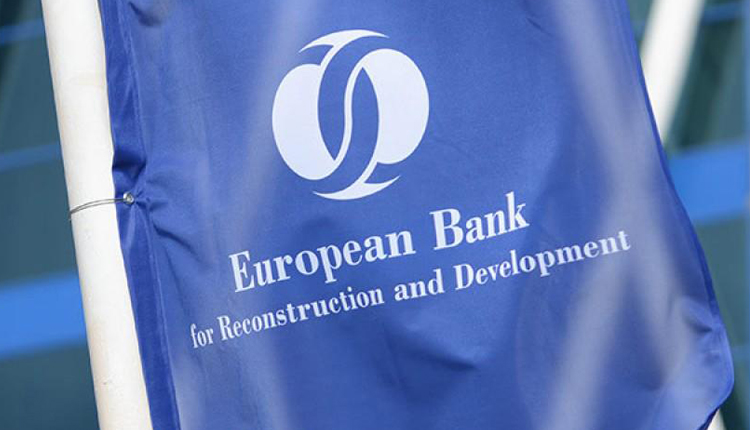EBRD cuts forecasts for Egypt’s 2020 GDP growth to 0.5% due to coronavirus crisis
The European Bank for Reconstruction and Development (EBRD) has cut its 2020 economic growth forecast for Egypt’s GDP to 0.5 percent from 5.6 percent in 2019 due to the coronavirus crisis, but expects a rebound next year.
Egypt’s economy will slow sharply this year because of the impact of the coronavirus, but will avoid a recession, according to EBRD’s latest forecast published on Tuesday.
The latest edition of the EBRD Regional Economic Prospects report sees GDP growth in Egypt in 2020 of 0.5 percent, but predicts a rebound to 5.2 percent in 2021.
The deceleration led by the pandemic reflects a slowdown in the Egyptian tourism sector, disruptions in global value chains, and a slowdown in demand from trading partners and in foreign direct investment, the EBRD report read.
However, EBRD said large public construction projects and the boom in the telecommunications sector have so far been factors supporting the country’s growth.
“… large public construction projects and the boom in the telecommunications sector have so far sustained growth.”
The main risks to Egypt’s outlook arise from the need for a tougher lockdown if the spread of the coronavirus accelerates and from the negative outlook in the country’s main trading partners.
Egypt’s GDP growth in FY2019/2020
According to the EBRD report, growth in Egypt has continued to accelerate in the first half of financial year 2019-20, matching the rate achieved in FY2018-19, of 5.6 percent, “driven by retail, industry and agriculture, in addition to oil refining, communications, construction and tourism.”
“Measures to contain the spread of the coronavirus will lead to a slowing of growth in the last quarter of the fiscal year ending June 2020 and the first half of the next fiscal year.
“We project GDP growth of 2.5 percent in FY2019-20 and 3.0 per cent in FY2020-21, due mainly to the weak outlook in the tourism sector, disruptions in global value chains, weaker demand from trading partners, and the slowdown in foreign direct investment.
“However, large public construction projects and the boom in the telecommunications sector have so far sustained growth.
EBRD outlook on SEMED region
In the EBRD southern and eastern Mediterranean (SEMED) region, the negative impact of the pandemic is expected to be seen in the tourism sector, a decline in domestic demand due to containment measures, a fall in demand from the main trading partners. and a slowdown in foreign direct investment.
On average, EBRD said the economies of the southern and eastern Mediterranean region are expected to shrink by 0.8 percent in 2020 before rebounding with growth of 4.8 percent in 2021.


